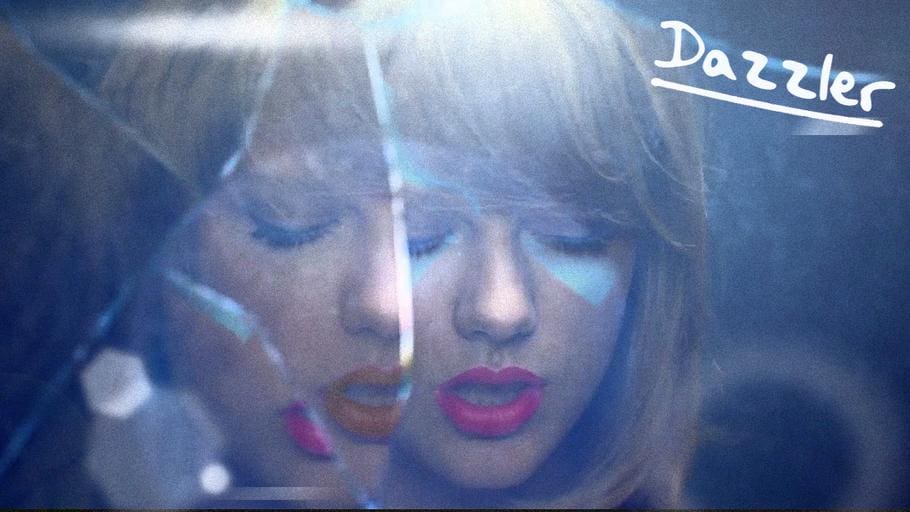The Federal Trade Commission (FTC) is cracking down on AI-generated content after the White House was angered last month by AI-generated images of singer Taylor Swift.
White House officials in late January reacted strongly to racy images of Swift that went viral on social media. The images, referred to as “deepfakes,” were generated by AI software. White House Press Secretary Karine Jean-Pierre told reporters the deepfakes were “alarming” and called for stricter legislation on generative AI.
Three weeks later the FTC proposed further restrictions on AI-generated images. The agency finalized a rule this month prohibiting AI-generated images that impersonate “government, businesses, and their officials or agents in interstate commerce.” Following the images of Swift, the FTC is now taking public comment on a proposal to apply that rule to private individuals as well.
“The agency is taking this action in light of surging complaints around impersonation fraud, as well as public outcry about the harms caused to consumers and to impersonated individuals,” the FTC said in a press release. “Emerging technology – including AI-generated deepfakes – threatens to turbocharge this scourge, and the FTC is committed to using all of its tools to detect, deter, and halt impersonation fraud.”
The government’s reaction to the Swift images has helped fuel suspicions shared by nearly 20% of Americans that Swift is part of a government-run psychological operation designed to further a political agenda.
In August 2019 an operative from the Pentagon’s Psychological Operations Unit gave a presentation at a NATO conference in which she floated Swift as a “social influence” asset to disseminate propaganda.
“The idea is that social influence can help encourage or promote behavior change . . . so potentially as like a peaceful information operation,” said the presenter. “I’ve included Taylor Swift in here because she’s a fairly influential online person, I don’t know if you’ve heard of her,” she added.
Swift, who until then had largely refrained from publicly taking political stances, soon began to espouse the globalist agenda. Through her music, she started to promote gender ideology. In addition to being an outspoken feminist, she strongly criticized White people and publicly accused President Trump of “stoking the fires of White supremacy and racism.” She has been active against Israel, even attending an anti-Israel benefit following the October 7th massacre last year.
But Swift’s establishment ties extend further. Last year the pop star entered into a relationship with football star Travis Kelce, a tight end for the Kansas City Chiefs. Kelce, who has refused to stand for the national anthem at football games, is a paid spokesman for Pfizer and has been featured in commercials promoting the COVID-19 vaccine. Kelce’s $20 million deal with Pfizer is $6 million more than his annual salary.
A staunch supporter of the Democratic Party, Swift has not only weighed in on presidential races but has even endorsed Democratic candidates in congressional races. California Governor Gavin Newsom said last year that Swift’s influence on the 2024 general election will be “profoundly powerful.”
The superstar has now become a major part of Biden’s “anti-Trump battle plan,” according to the New York Times, and is expected to help sway the election in Biden’s favor. 18% of voters say they are more likely to back Swift’s candidate, according to recent polls, and the pop star reportedly tops the list of endorsements coveted by Joe Biden’s team.
“Fund-raising appeals from Ms. Swift could be worth millions of dollars for Mr. Biden,” reported the New York Times.




